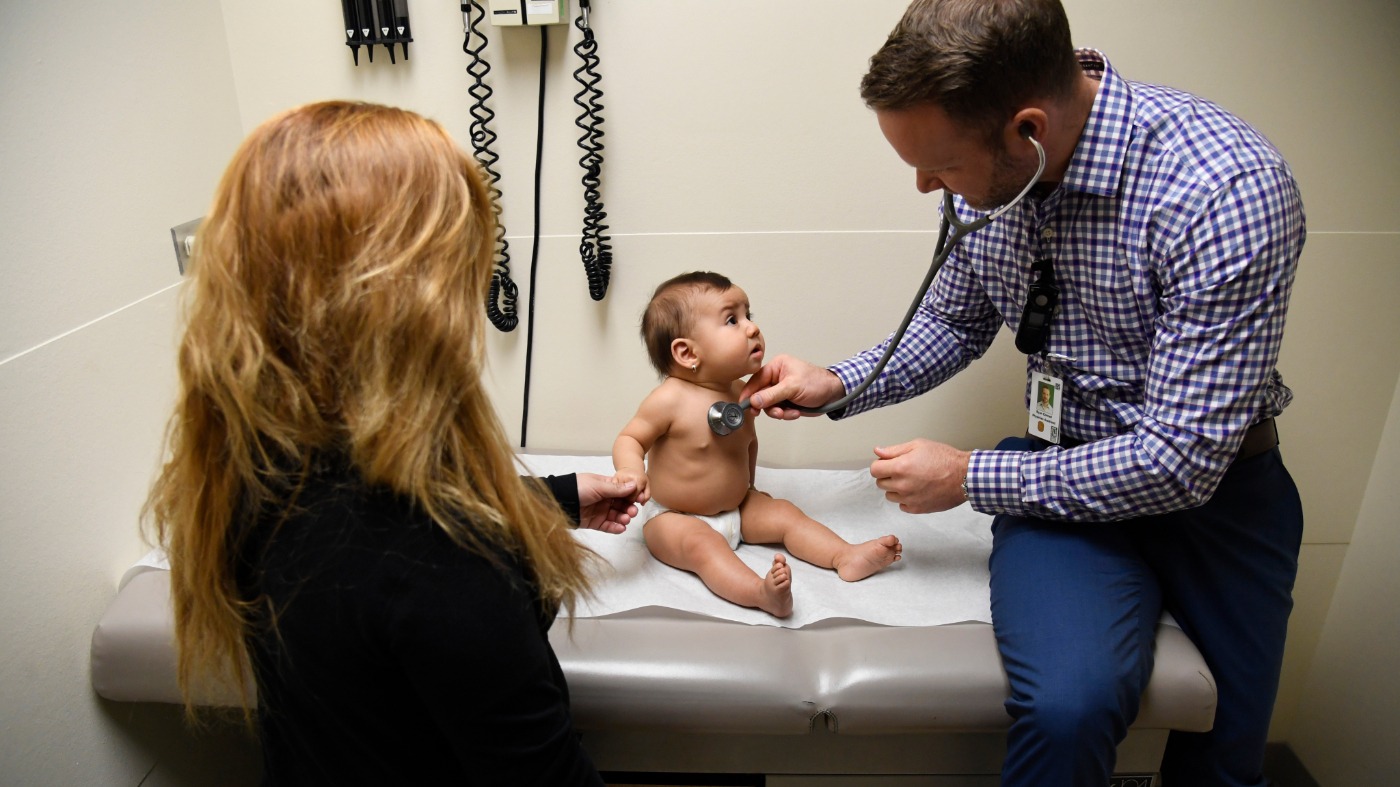In today’s deeply polarized society, doctors’ role in healing extends beyond physical ailments to addressing societal divisions. While some lament a perceived decline in physicians’ personal touch, often attributed to the increasing digitization and bureaucratization of healthcare, others see a rise in compassionate care emerging from new training approaches in medical schools.
For example, programs focused on enhancing empathy in medicine are being implemented in institutions like NYU Langone Health, which strives to ingrain empathy as a core skill and value in healthcare professionals.

Building Empathy into the Structure of Health Care (Credits: Healthline)
Empathy training in medical education is garnering support, with strategies aimed at evoking affective, emotional responses in students proving particularly effective. Such initiatives are essential for improving patient care and bridging societal divides through understanding and compassion.
Historical role models like William Carlos Williams, a doctor and poet, exemplify the profound impact of empathy in medical practice. Williams advocated for deeply engaging with patients’ experiences and emotions, a practice that could remarkably ameliorate current societal tensions if more widely adopted in healthcare settings.
Despite these advances, challenges remain. The shift from narrative-based patient charts to more fragmented digital documentation has potentially depersonalized patient care, underscoring the need for more robust empathy training.

21st Century Health Care (Credits: The Hill)
A greater emphasis on identifying candidates with high empathy quotients could benefit the selection process for medical students. This would further enhance the quality of care and doctors’ capacity to act as societal healers.
While doctors alone cannot solve the broad political divides, by fostering empathy and understanding within their practices, they can play a crucial role in mending the fabric of society. This involves recognizing and embracing the diverse perspectives of their patients, thereby contributing to a more inclusive and understanding environment.
As healthcare continues to evolve, integrating empathy into medical training and practice remains vital to providing patient-centered care and cultivating a more compassionate society.























